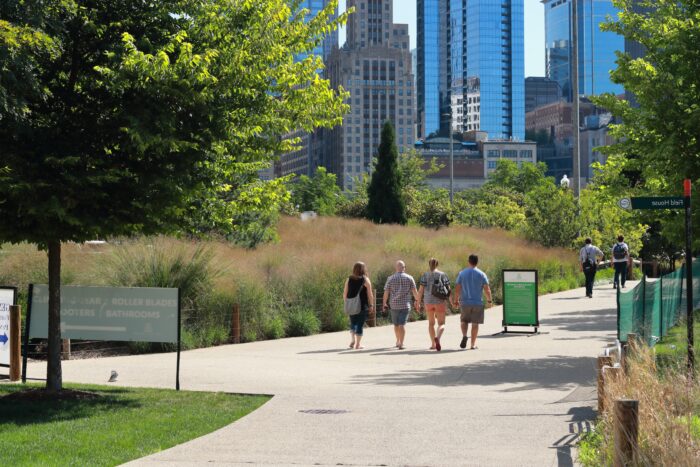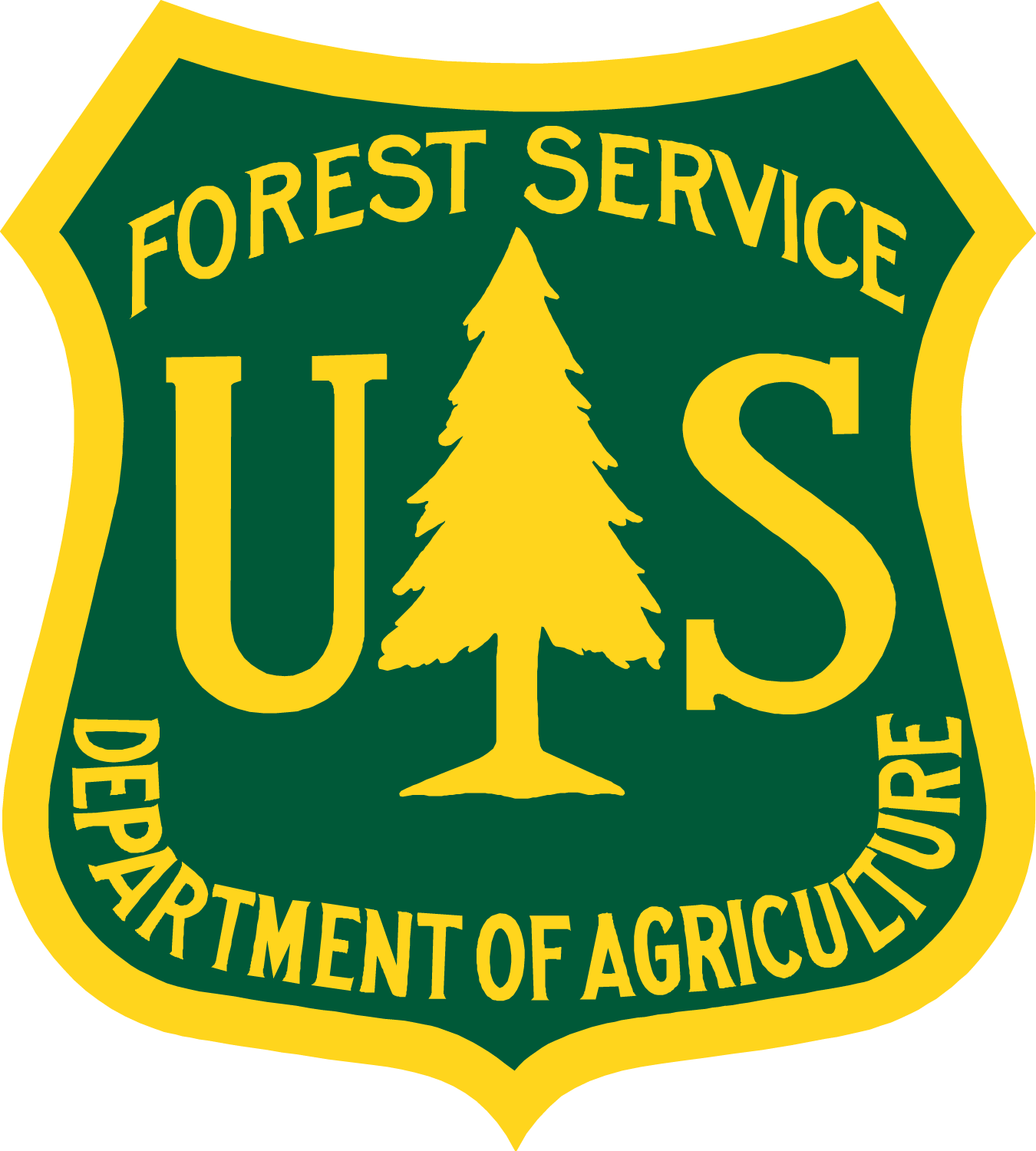Explore how to create an evaluation plan or research project that is inclusive and equitable
The Community Engagement Guide for Conducting Research and Evaluation was prepared by Michelle Witthaus and Andrew Foell of the the Brown School’s Health Equity Works initiative at Washington University at St. Louis, MO. The community engagement guide was developed to help researchers, practitioners, and community organizations who are looking to explore nature’s impact on human health, create an evaluation plan or research project that is inclusive and equitable.
While the practitioner-focused resources in this community engagement guide are not intended for use in a formal research setting, it serves as a resource to ensure evaluation of nature’s impact on human health within communities is done in the most appropriate and equitable way. For instance, this community engagement guide offers guidance on how best to engage community members in research efforts, to build trust, to equalize power dynamics between practitioner, research and community, and to understand the need for cultural competency.

This community engagement guide includes the rationale for utilizing a community-engaged research process (CEnR), a brief explanation of the different types of CEnR, and some concrete examples you can use to engage community members in your own research process.
Academic researchers, community organizations, and community members are increasingly looking for ways to partner to understand and address the complex environmental factors that contribute to human health. Promising practices have emerged that prioritize participatory and action-oriented research processes that are equitable, inclusive, and empowering. In contrast to traditional research paradigms that are top-down and expert-driven, community-engaged research approaches focus on grassroots involvement and the cooperative production of knowledge.
Please note there are distinct differences between a formal research project and informal evaluation (e.g., of a program or intervention). That said, the authors feel that many of the principles shared here apply to both scenarios. For ease of presentation of material, the authors have chosen to use the term “research” primarily to indicate both formal research and informal evaluation, interchangeably except in cases where explicitly noted otherwise.

